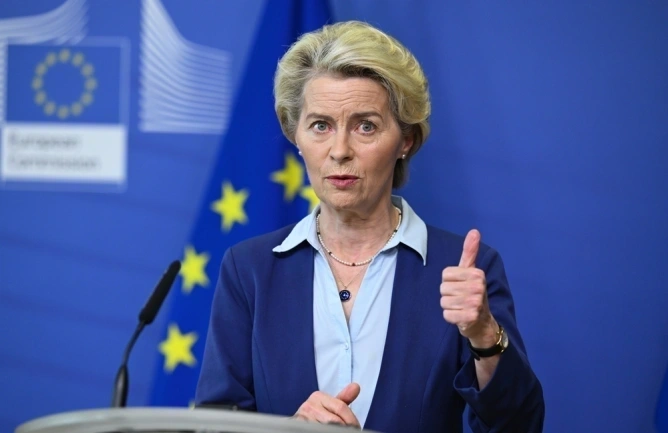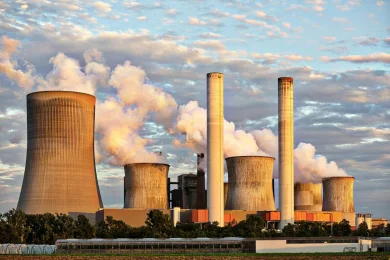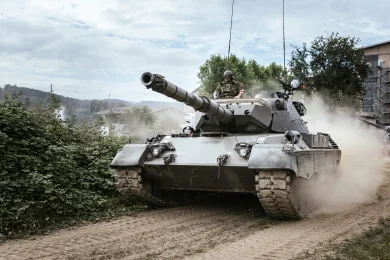
Johannesburg, November 20, 2025 - The European Union and South Africa have strengthened their strategic partnership through a series of economic and political agreements signed on the sidelines of the G20 Summit, marking a major step in bilateral cooperation on energy transition, industrial value chains, security, and investments. The President of the European Council, António Costa, and the President of the European Commission, Ursula von der Leyen, met with President Cyril Ramaphosa in a global context dominated by geopolitical tensions, pressures on multilateralism, and the need for sustainable partnerships.
The leaders welcomed the signing of the first EU-South Africa Clean Trade and Investment Partnership (CTIP), the first agreement of its kind ever concluded by the European Union. According to the official statement, this partnership will create new economic opportunities, support decarbonization, and facilitate investments in clean supply chains tailored to the needs of both parties. "This new type of agreement brings together competitiveness and climate action," Ursula von der Leyen stated, emphasizing that 2025 is "a landmark year" for the bilateral relationship.
In addition to the CTIP, the European Union and South Africa signed a Memorandum of Understanding on the value chains of critical minerals and metals, a document aimed at integrated industrial development throughout the extraction, refining, and recycling of strategic raw materials. The memorandum was signed for the EU by Executive Vice-President Stéphane Séjourné, responsible for Prosperity and Industrial Strategy. "Cooperation with trusted partners is essential, and South Africa is a natural ally," he stated.
The EU also announced the launch of five new projects under the Team Europe - Global Gateway investment package, totaling nearly 12 billion EUR. These include three financing facilities for green hydrogen, critical raw materials, and e-batteries, a 350 million EUR loan from the European Investment Bank to Transnet for the modernization of transport and energy infrastructure, as well as funding for expanding vaccine production in South Africa, in partnership with the Gates Foundation.
In the energy sector, the two parties have moved to a new stage of dialogue. The EU-South Africa Energy Dialogue, launched in September 2025, will be elevated to ministerial level in 2026. The common agenda includes modernizing electrical grids, cooperation in clean technologies, and developing sustainable fuels for aviation, with the goal of future e-SAF exports to the European market, in line with commitments made at the EU-South Africa Summit in March.
The leaders also discussed facilitating bilateral trade in agricultural and food products, including accelerating discussions on regionalization in the poultry sector and processing applications for market access to the EU for new South African products. The EU confirmed its willingness to advance the process of listing South Africa as an eligible exporter of long shelf-life composite products. Both parties committed to presenting concrete results by the next Trade and Investment Dialogue.
Industrial cooperation is also expanding in the battery sector, through a temporary derogation regarding the rules of origin from the EU-SADC Economic Partnership Agreement, which would allow the use of batteries produced in the EU and South Africa in electric vehicles exported to the European market. The objective is to stimulate local production and strengthen regional industrial integration.
On the global dimension, discussions addressed the situation in Sudan, challenges to multilateralism, and preparations for the EU-African Union Summit on November 24-25 in Luanda. Both parties reiterated their commitment to "a just, comprehensive, and sustainable peace" in Ukraine and in the Occupied Palestinian Territories, reaffirming the centrality of the UN Charter.
In her intervention, President Ursula von der Leyen emphasized that the new investment package "will create jobs in South Africa, modernize infrastructure, and accelerate the energy transition," pointing out that investments in hydrogen, critical minerals, and batteries represent "the foundation of the future clean economy" for both parties. "CTIP will transform South Africa into a reference destination for European investments in clean technologies," von der Leyen said.
The meeting took place in a "spirit of partnership and cooperation," according to the joint statement, and the leaders agreed to accelerate actions in areas of common interest, including combating terrorism, cybersecurity, maritime cooperation, and conflict mediation. The EU confirmed its intention to host the next EU-South Africa Summit in Brussels, on a date to be determined.






